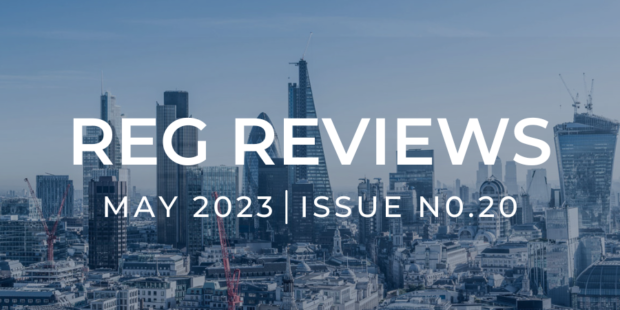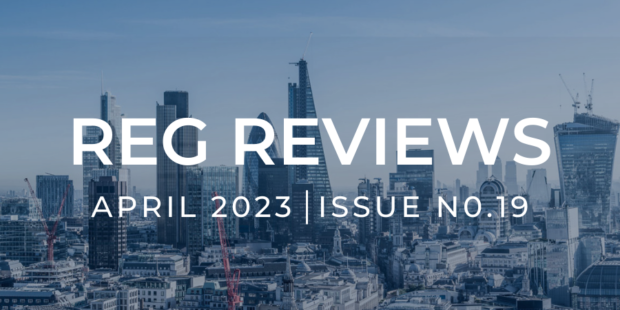In the first half of 2023, asset managers have been removing the term “sustainable” from the names of their funds, a response to growing regulatory and reputational concerns.
Data from consultancy firm Broadridge reveals that 44 sustainable funds have dropped the label from their brand names, marking a contrast to 2022 when 99 funds added “sustainable” to their names.
This shift is attributed to several factors, including the absence of a specific methodology for calculating sustainable investments under the Sustainable Finance Disclosure Regulation (SFDR) and the publication of an EU consultation regarding sustainable fund names.
According to data from Broadridge focusing on sustainable funds domiciled in Europe, ABN Amro’s asset management division removed the term “sustainable” from the names of 14 funds in January of this year.
The decision was attributed to a desire for more clarity from the European Securities and Markets Authority (ESMA) regarding the use of “sustainable” in fund names.
ESMA initiated a consultation in November of the previous year as part of its efforts to establish guidelines for the use of sustainability-related and environmental, social, and governance (ESG)-related terms in fund names.
Under these proposed guidelines, a fund would only be allowed to incorporate ESG-related terms into its name if 80 percent of its investments align with environmental or social characteristics or sustainable investment objectives.
The proposed guidelines from ESMA suggest that funds with “sustainable” or related terms in their name would need to meet an additional 50 percent threshold related to sustainable investments. However, these guidelines have not yet been finalised or published.
Regarding ABN Amro, the spokesperson mentioned that their “light green” Article 8 funds use the ESG label, while their Article 9 funds incorporate “sustainable” in their brand name, in accordance with applicable laws and regulations.
Société Générale also removed “sustainable” from the brand names of eight of its sustainable funds in March 2023. The decision was described as a cautious move, with “sustainable” temporarily removed from both Article 8 and Article 9 funds.
Several asset management firms have removed the term “sustainable” from the names of their funds in response to regulatory and reputational concerns.
A spokesperson for UBP Asset Management mentioned that they proactively changed the names of seven funds to “responsible” in December 2022 to avoid potential misunderstandings and ensure that fund names accurately represent their investment strategies. Regulatory concerns regarding compliance with sustainability-related regulations have motivated these changes.
Detlef Glow, Head of Europe, Middle East, and Africa Research at Refinitiv Lipper, noted that ESMA’s stricter stance on sustainable products under the Sustainable Finance Disclosure Regulation (SFDR) has prompted firms to alter fund names.
Raza Naeem, a Partner at Linklaters, also highlighted that ESMA’s proposed fund naming guidelines set high eligibility standards for funds using “sustainable” in their name.
He stated; “Firms need to be careful that their funds and their underlying investments are not inadvertently perceived as sustainable investments such that they trigger these additional SFDR obligations.”
Sam Duncan, the creator and CEO of Net Purpose, a platform dedicated to sustainable and impact investors, highlighted that the ambiguity surrounding the definition of sustainable investment has amplified concerns about potential regulatory and reputation risks associated with greenwashing.
Adrian Whelan, who serves as the Global Head of Market Intelligence at Brown Brothers Harriman, emphasised that the regulatory and reputational risks related to making ambitious claims and fulfilling ESG commitments have reached unprecedented levels. This is particularly due to ongoing developments in regulatory definitions within SFDR.
The practice of managers intentionally diminishing their ESG credentials, commonly referred to as “green hushing” and “green bleaching,” has emerged as a substantial concern, on par with the issue of greenwashing.
Glow anticipates a surge in name changes once the new naming guidelines come into effect in the third quarter of this year.
During the period from January to June 2023, there were a total of 612 instances of fund renaming.



























